Liberty Dies in Your Pocket
An introduction to permanent vaccine passports
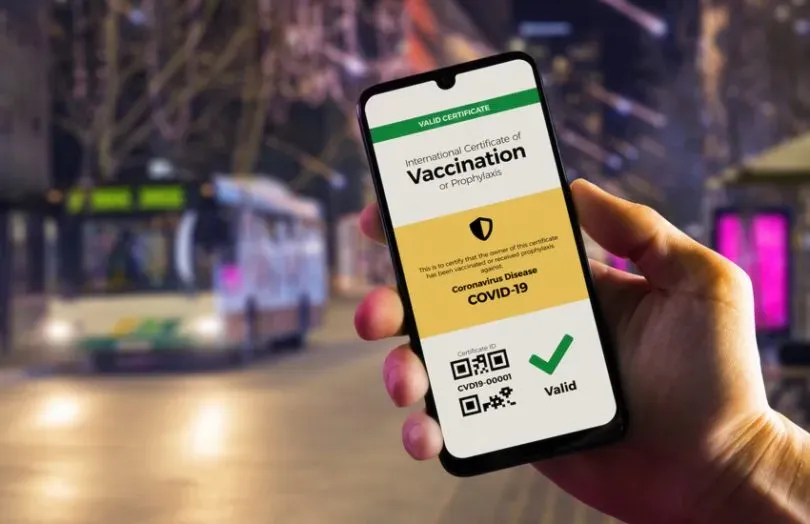
Originally published on Substack by Microjourneys.
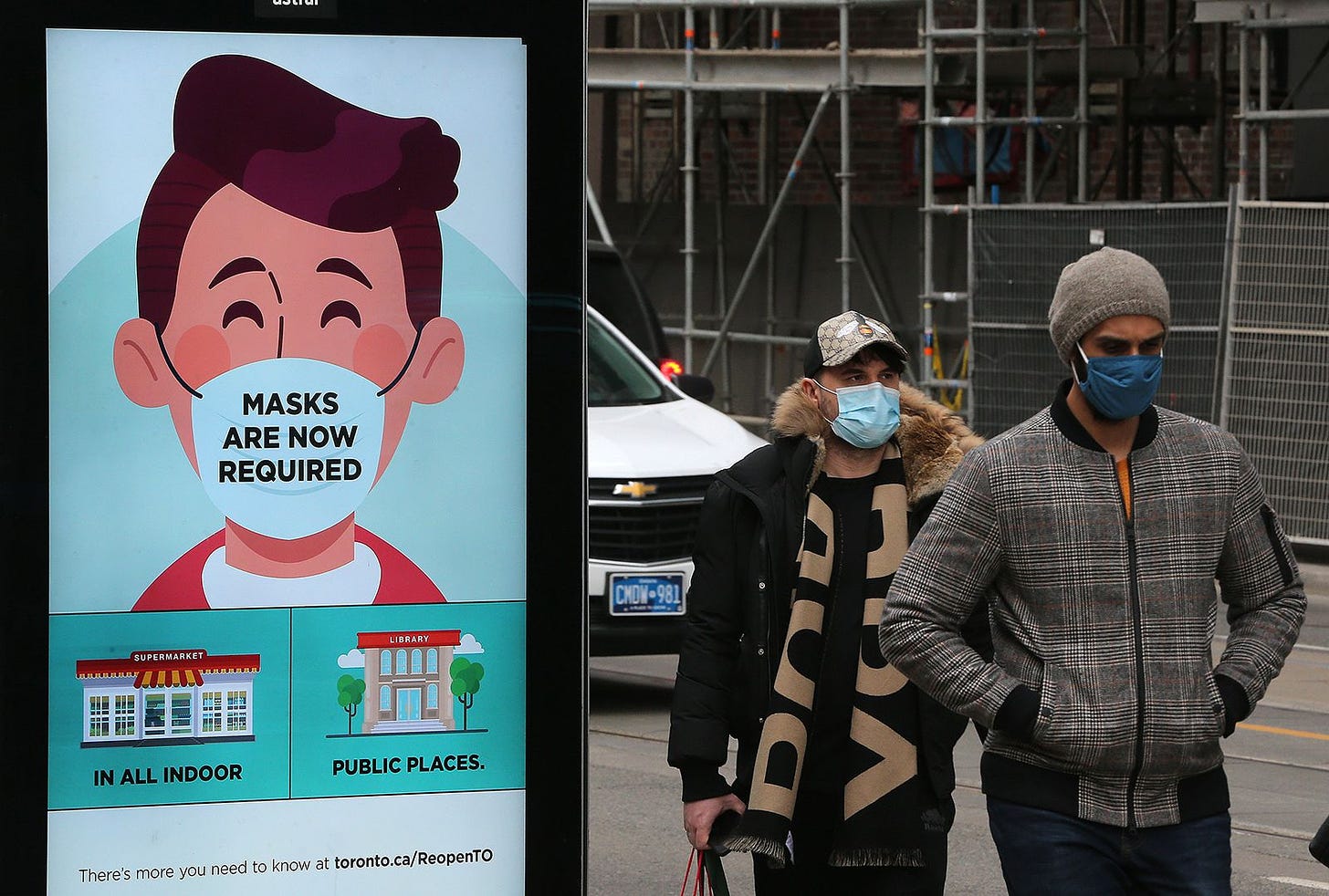
When the COVID-19 pandemic was declared in March of 2020, I believed that the single largest threat to my and my family’s health and safety was a coronavirus. Little did I know that the true menace had yet to show its face, but had been present in the background for some time.
Don’t get me wrong — I had serious concerns with what my governments were doing. Around the time Prime Minister Justin Trudeau announced that Canada’s borders were closing, and the military was being deployed to assist in the COVID-19 response generally, I shared with my dad that I didn’t trust that this strong hand would let go so easily once the crisis had passed. I felt I was a bystander in a storyline eerily similar to the plot of Star Wars Episode III: Revenge of the Sith, in which the conniving Chancellor Palpatine invoked unprecedented emergency powers in order to seize total control over the Galactic Republic.
It is with great reluctance that I have agreed to this calling. I love democracy. I love the Republic. The power you give me, I will lay down when this crisis has abated.
But of course, the crisis would never abate. Palpatine becomes the victim of a “plot by the Jedi” to strike him down and take over, which he survives and vows to squash.
In order to ensure the security and continuing stability, the Republic will be reorganized into the First Galactic Empire — for a safe and secure society.
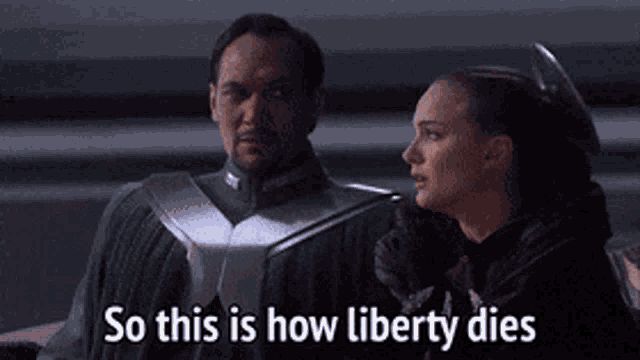
Still, the weeks and months of solitude without much action allowed for my nerves to steady and my concerns to relax a bit. I realized that many of the public health orders instituted by British Columbia’s Provincial Health Officer, Dr. Bonnie Henry, were largely voluntary, despite how they were presented to the public. I’ve never been a germophobe, per say, but I’m certainly cautious and aware of best practices for avoiding getting sick in general. This led me to feel more and more confident in going outside, seeing friends, and eventually, wondering if there was a threat at all.
Unfortunately, there was. By the spring of 2021, I realized there were rampant censorship policies enforced on social media sites like Facebook and YouTube, which suggested there was more afoot than I was meant to know about.
It may be tough for folks to remember, for example, but there was once a time when the idea of “vaccine passports” was dismissed as a conspiracy theory. Until, of course, they became a fact of life.
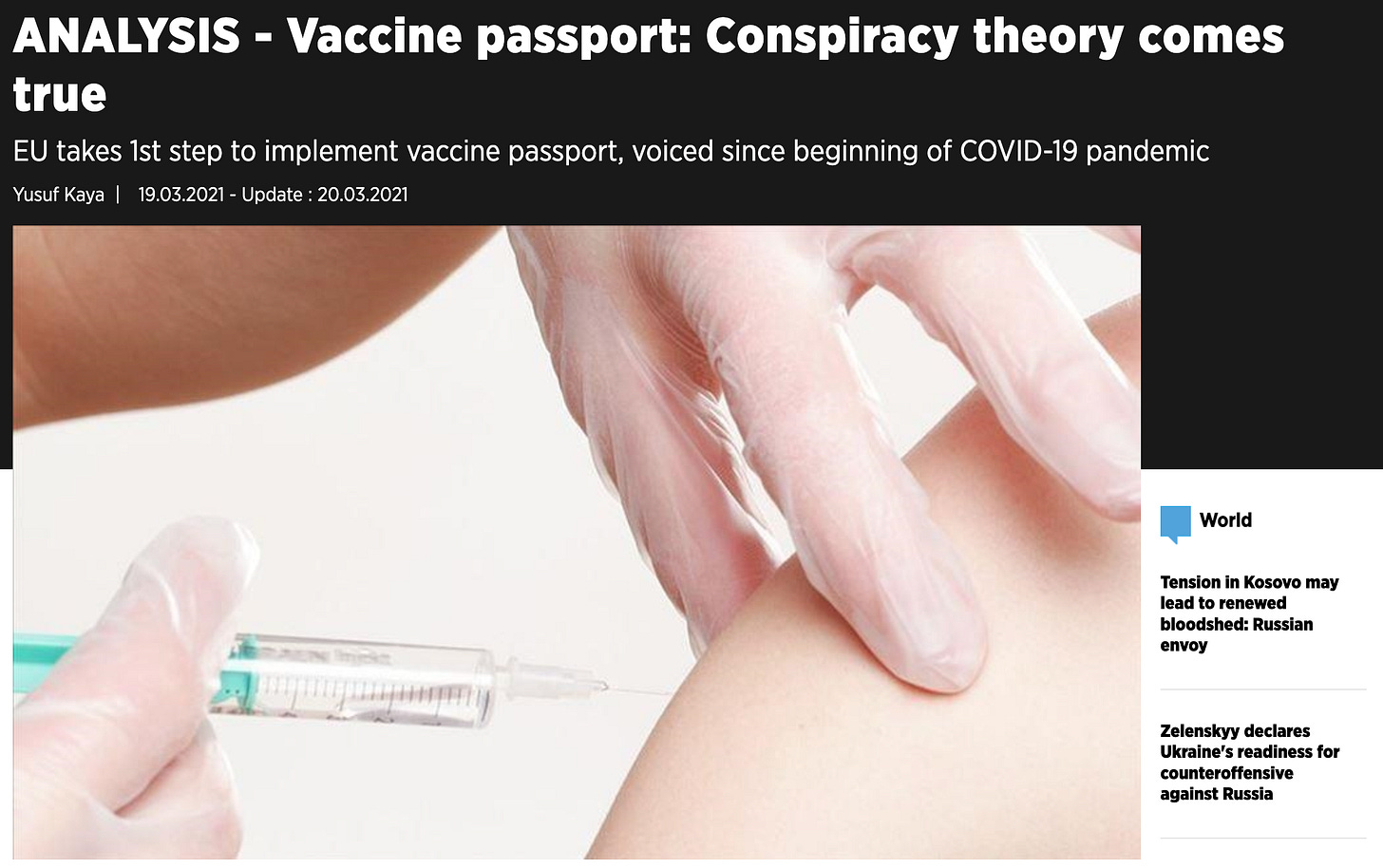
Why is that, exactly? What was the reasoning behind being so concerned about their introduction, and conversely, why was it so important to silence or vilify people who spoke up about them? Recall, after all, that Québec Premier Francois Legault refused to debate his province’s vaccine passport requirements in the legislature because he was worried “Quebecers would be exposed to conspiracy theories.” How’s that for democratic governance?

As the above Fortune headline admits, ‘vaccine passports’ were a reality by the spring of 2021. But of course, the conspiracy theorists were still wrong — it’s just “proof of COVID-19 vaccination,” you silly goons!
Indeed, this really comes down to semantics, but let’s not kid ourselves. Whatever you call it, governments around the world introduced various forms of the same system to store and share personal health information, as a prerequisite for continued enjoyment of basic, unalienable human rights.
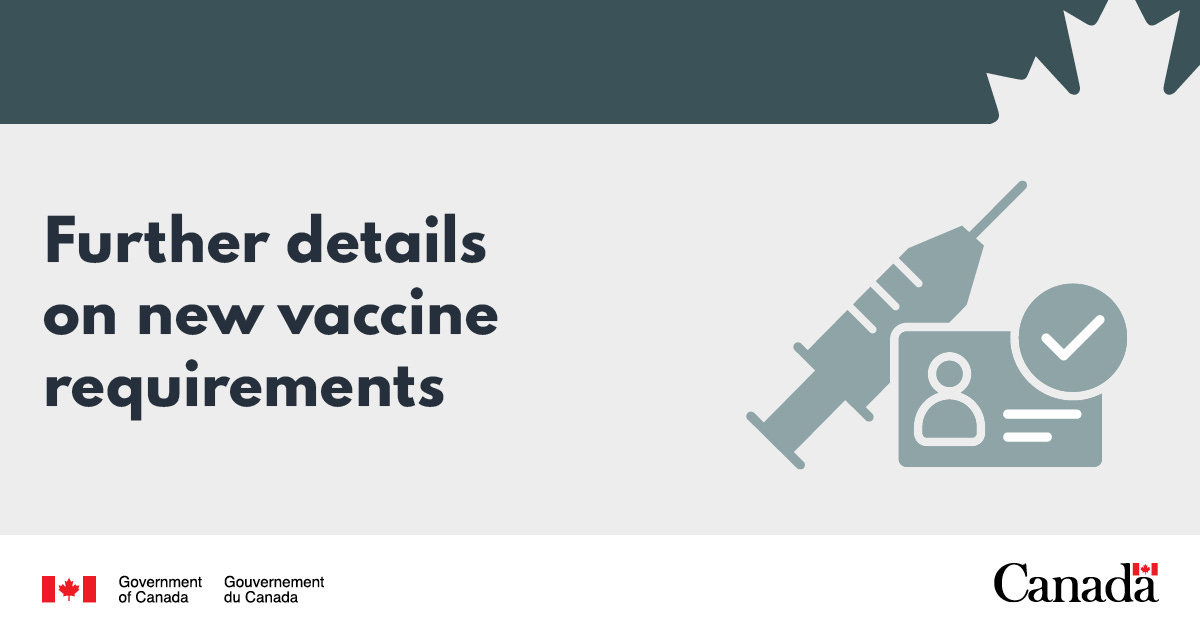
Within mere months, I and millions of other Canadians were turned into a new subclass of people. One of the first things to go was my circle of friends, who decided my medical choices posed a threat to their own safety and disassociated. Then I was prevented from entering nearly any business establishment, turned away from community events, and barred from accessing public services like my recreation centre, local gyms, and public pools. I was no longer able to do my job as a musician, with venues following provincial orders to ask for papers from performers and audience members alike.
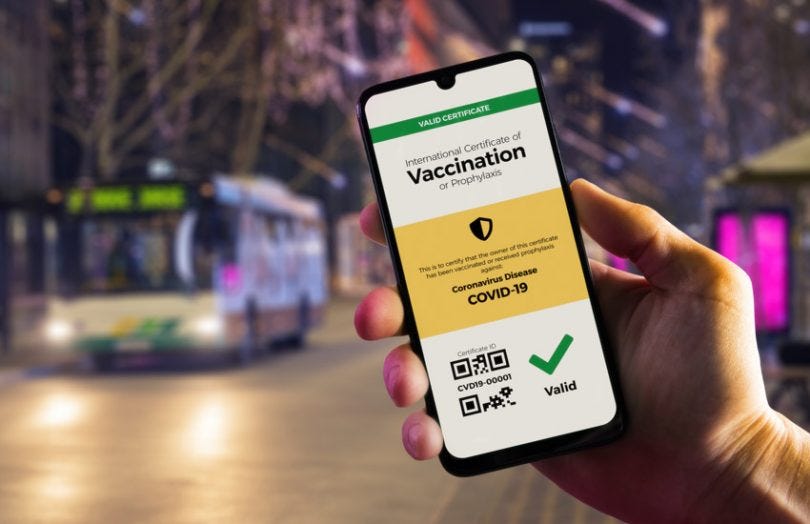
Then, I was removed from the healthcare system, denied access to my local hospital. Finally, my federal government institutionalized a travel ban which prevented me from boarding a plane, bus or train.
Needless to say, this was an experience I never expected to live through. I had grown up learning of people throughout history being oppressed based on arbitrary characteristics like religion, skin colour, sexual preference, nation of origin, and even medical conditions. I am a descendent of Doukhobors, an ethno-religious group of Christian Russians whose dissent against the Tzar led to their expulsion and generational migration through Ukraine, into the areas around Georgia and Turkey, before eventually ending up in Canada with the help of the Quakers and Mennonites.
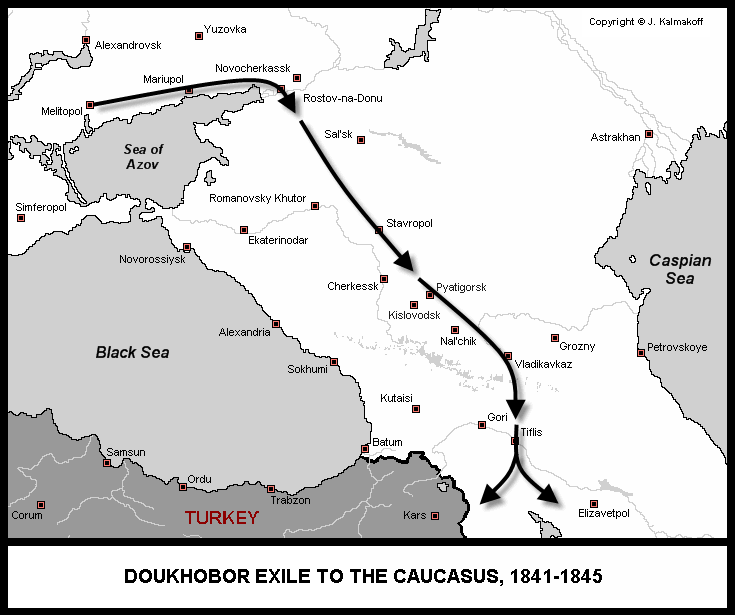
No two communities’ historical suffering can be compared; each period of history is unique, and the individual experiences of one group do not define those of another. However, the source of the oppression is always based in some form of control. And while the reward for compliance in the short term is convenience (or perhaps simply the avoidance of conflict), this will always prove to be a temporary reprieve from an inevitable boot on the neck of even the most compliant.
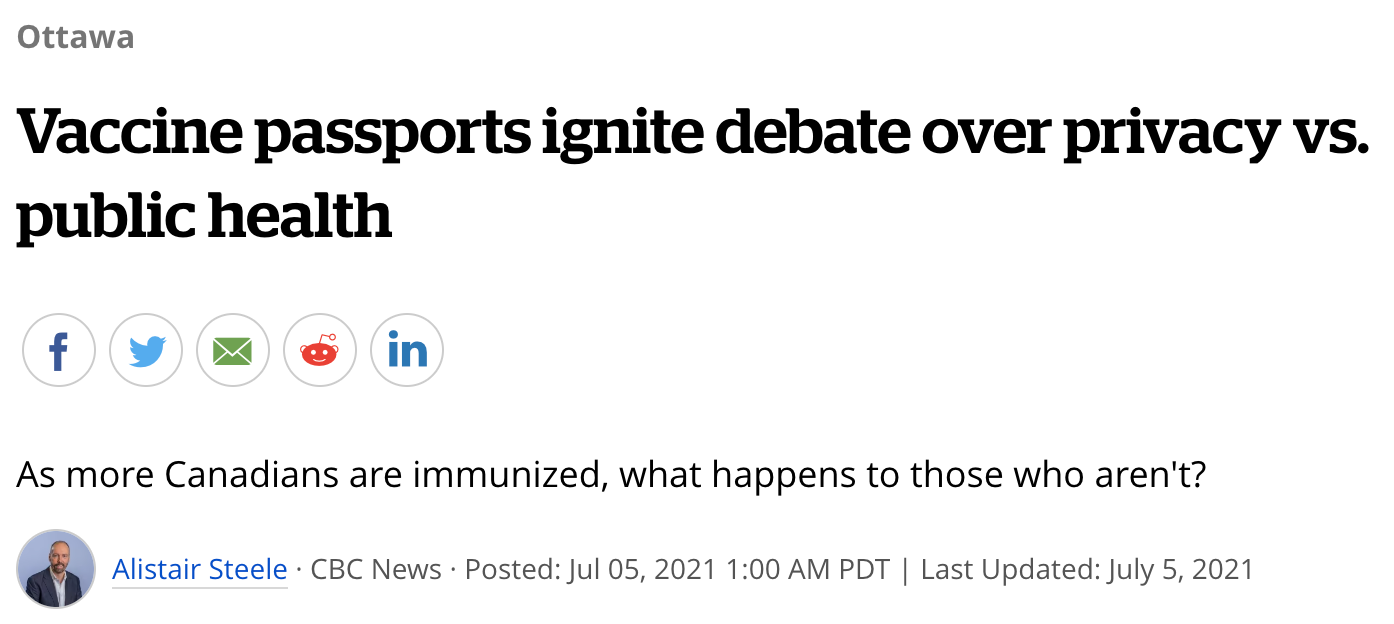
In the modern age, this boot is well-recognized in the way our privacy has been systemically deprecated in the name of free online services like social media. “Cybersecurity” is the buzz word of the year, and big tech companies continue to be the subject of scrutiny from all sides, albeit not necessarily for the same reasons. Thus, it was natural that human rights groups and certain segments of the general public would find the notion of requiring private medical information to be stored in a largely untested, centralized digital format to be concerning — with outlets like CBC News even feigning concern over civil liberties and privacy.
Returning to the above Fortune article, the authors argue:
A passport is generally understood as a government-issued document with significant powers to control a person’s movements. While a system like Israel’s Green Pass has some real parallels with passports, systems rolling out in the U.S. are being used mainly by private entities like restaurants and Major League Baseball to improve the safety of their facilities.

They are responding to an opinion piece published in the Washington Post by Leana Wen, a Young Global Leader of the World Economic Forum and frequent CNN commentator. Her argument was that the term ‘vaccine passport’ was “both inaccurate and divisive, for essentially the same reason.” The Fortune piece adds that people are likely being thrown off by the digital aspect of these new ‘vaccine cards.’
But the truth is there’s not all that much new about COVID-19 vaccination records just because they’re on your smartphone. For example, MMR and other vaccines are broadly required to attend public school in the U.S., but we’ve never referred to proof of those shots as a ‘vaccine passport’ allowing kids to get into schools.
One huge difference, of course, is that MMR and other vaccines referenced in the context of school attendance were never required to enter public spaces, travel across provincial/state lines, and importantly were not actually required for those who chose not to receive them. Then there’s the fact that COVID-19 vaccines were, at the time, not being offered to children, and the ‘vaccine passports’ were only of concern to adults attempting to engage in their everyday activities of their own accord.
Fortune continues:
To be clear, governments do often abuse their surveillance powers, and there is ample reason to be cautious about digitizing health records in general. Much of the blame for the latter, though, lies more with Big Tech than government: The ineptitude of companies like Facebook when it comes to protecting (usually much less sensitive) user data has likely poisoned the waters for more beneficial and secure digital-info efforts of all types for decades to come.
That means, yes, any digital version of vaccination records must be built with a level of security not present in most apps. That appears to be happening, including with IBM’s work on the New York vaccination records app (see below).
But pushing for good security doesn’t require inflaming conspiracy theorists by using a term that isn’t even accurate.
I appreciate Fortune opting to invoke the failures of Big Tech to protect private data, while simultaneously defending governments, after having already admitted governments are guilty of mass espionage on their own citizens.
It’s also worth reminding readers of the stance Leana Wen took in September 2021, when she called for ‘the unvaccinated’ to be treated with the same level of criminality as drunk drivers, and to be confined to their homes in perpetuity. “The vaccinated should not have to pay the price for the so-called choices of the unvaccinated anymore.”
The Fortune article ends with a plug for IBM and their work on New York’s own “vaccination records app” — which, conveniently enough, is the case study I’m going to walk us through in a Microjourney next week.
But before we get there, it’s important to establish that ‘vaccine passports’ have been a long time coming, and not a new innovation that came with the COVID-19 crisis.
That’s why tomorrow, I will be diving in to the case study of Mastercard, and how they spent years laying the groundwork for a multifaceted digital ID program that spans not just vaccination records, but also farming, browsing the internet, medical records as a whole, voting, insurance, finance, and basically everything else you can imagine.
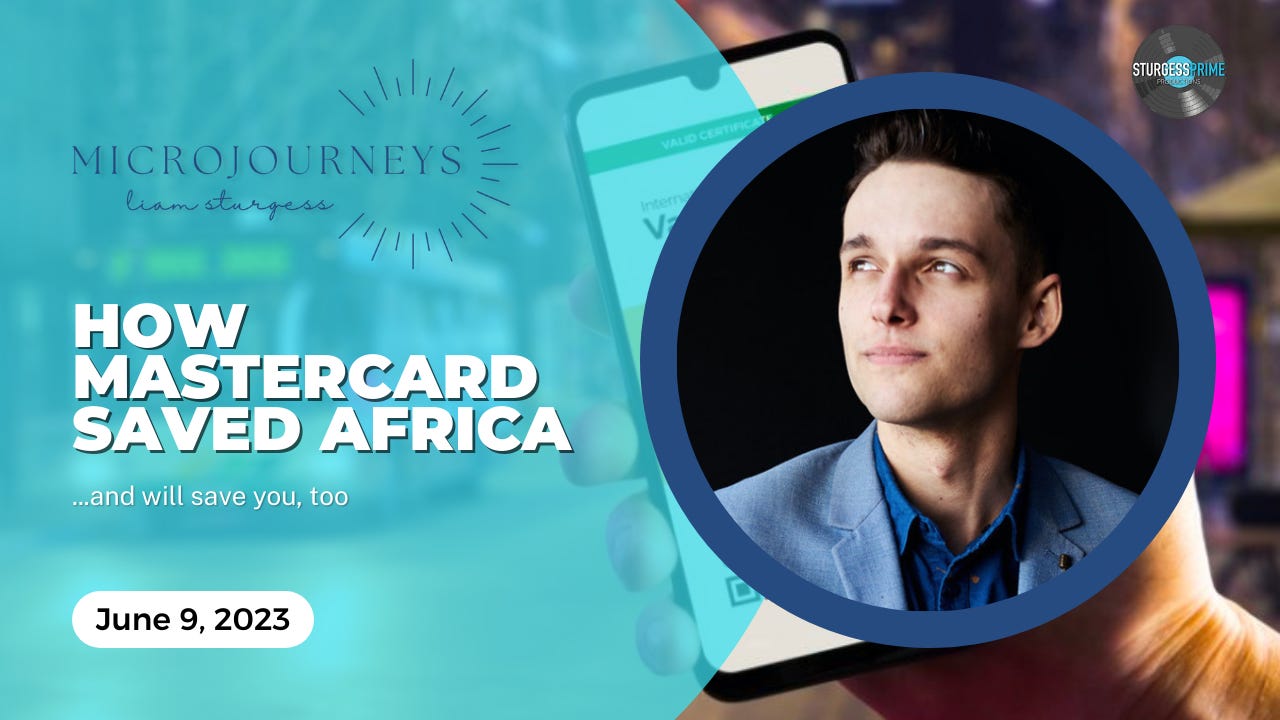
Join me tomorrow (Friday, June 9, 2023) at 3:00PM EDT on Rumble, YouTube or Odysee, and participate in the discussion. Perhaps it’s not too late to prevent this system from being implemented in earnest. At a bare minimum, let’s see what we can learn together!